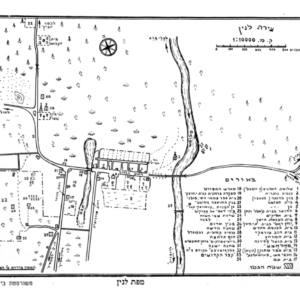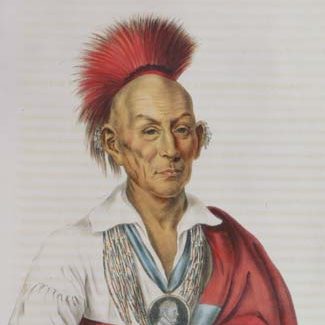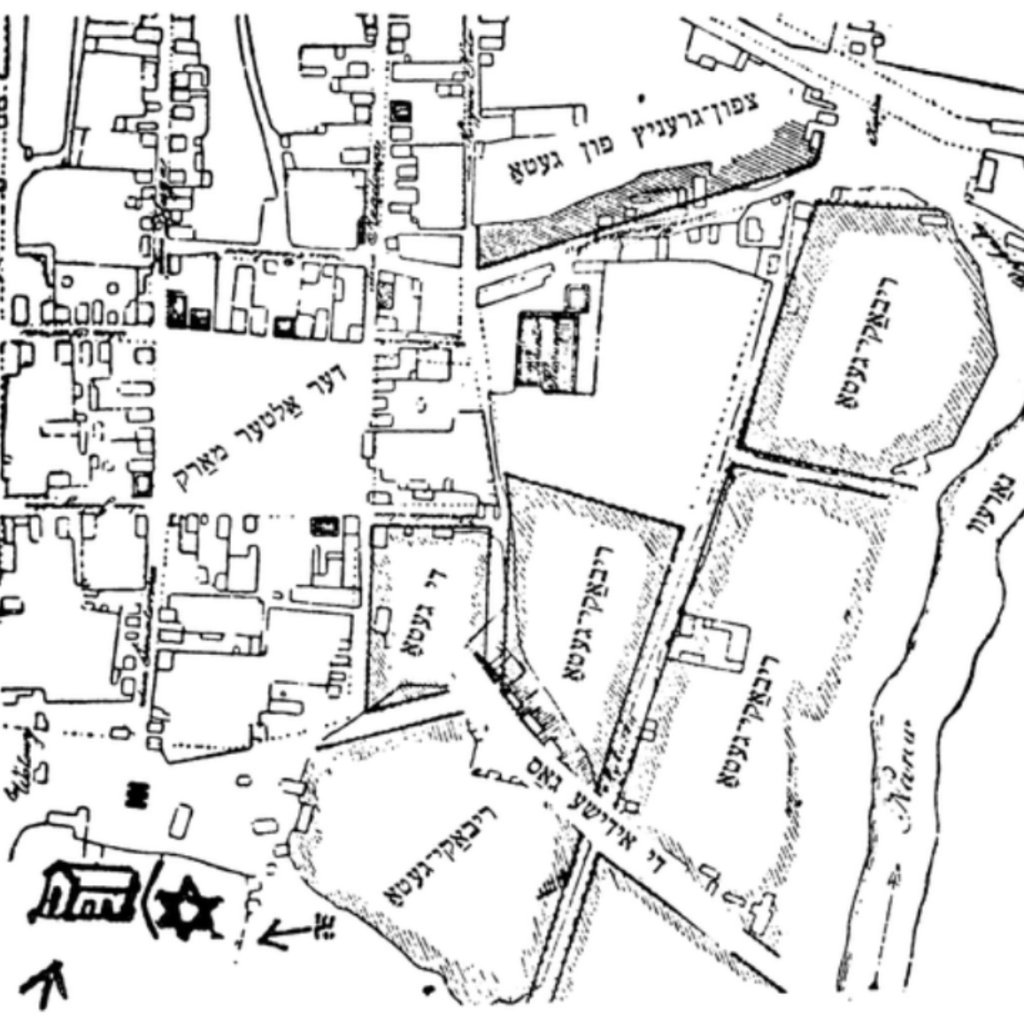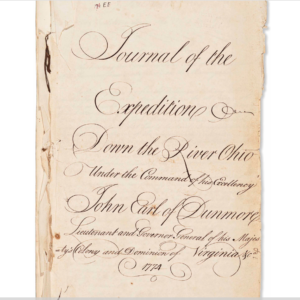Last spring, my JP adviser passed on a piece of wisdom from his graduate adviser: for a research project, you should spend one third of your time reading, one third of your time writing, and one third of your time editing.
This was new to me. Historically, I’d spent 80% of my time reading, 19% of my time writing, and 1% (at best) of my time editing. I had always told myself that it didn’t make sense to start writing until I’d read everything and figured out what I wanted to say. Also, reading almost always felt easier and safer than writing. Instead of constructing my own ideas, I could sit back and receive other people’s finished products.
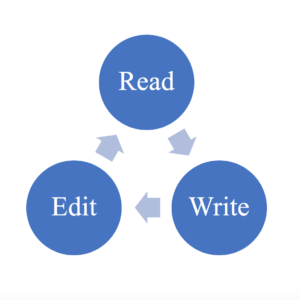
The problem was: I never ran out of things to read. Most of the time, I would only start writing once the deadline was in sight and I had no more time to waste. Rarely would I have enough time to edit my work.
For my thesis, though, I’m trying to follow my JP adviser’s system, spending equal amounts of time reading, writing, and editing. It took me until this week to realize that I need to treat these three elements as parts of a cycle, rather than macro chronological steps. In other words, I realized that I shouldn’t spend the first half of my fall semester just reading, the next few months writing, and the next few months editing. I need to be doing all three simultaneously. My reading, writing, and editing should be working in tandem with each other.



